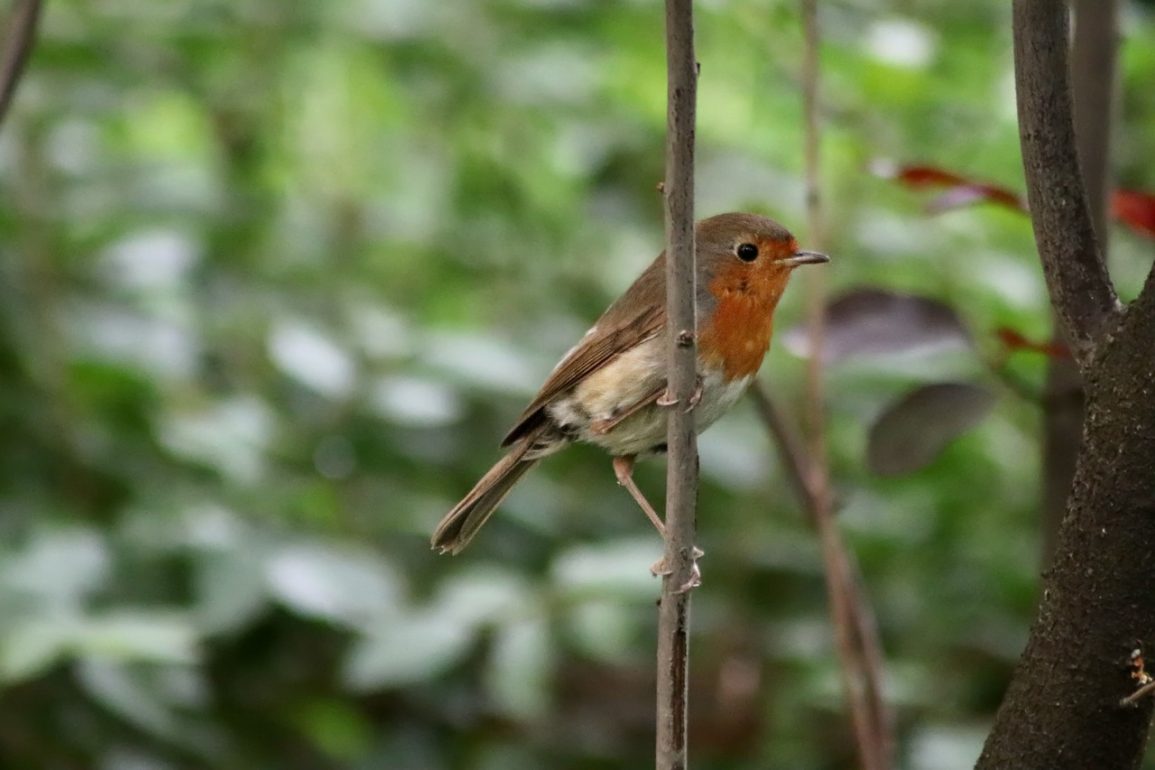How To Protect The Wildlife Near Your Property Before Expanding – Do you love your current home but it no longer fits your needs in terms of space? While you could move house, that means you’d have to give up the one you love so much. For many, that’s a deal breaker and a step too far. So what’s the solution? Property expansion can be a great way to create more space in your home or dwelling without having to pack up and go somewhere else. You can get exactly what you want by creating a space that meets your specific needs.
But before you go all-in on a property expansion, you must consider how you can protect the wildlife near your property. Here are some of the steps you can take to ensure all goes smoothly with the expansion and your wildlife neighbours.
Hire an Architect or Garden Designer
Because it’s difficult to keep track of the most recent laws regarding wildlife protection, it’s wise to hire an architect or garden designer – depending on the expansion. If you are building a greenhouse or an outbuilding, then you can see how both may be helpful.
These professionals can look at your property, your design goals, and your plans and figure out what it may impact in terms of the wildlife. Your contractor will also know if any sort of site assessment needs to be done. This is step one and needs to be completed before any construction work begins. The earlier these issues can be addressed, the better for you, as you don’t want to rush ahead with the expansion only to do something illegal by disturbing or harming protected wildlife.
Speak to the Experts
If you still have questions about the wildlife on or near your property, you can call the Wildlife Management and Licensing at Natural England. This agency deals with animals and birds located on your land. You can ask for advice and insight on what you can and should be doing. They can also inform you of any wildlife protection laws that may apply.

Do You Need a Bat Survey?
Everyone is familiar with bats but what you may not know is that they are a protected species in the UK. What this means is that you can’t disturb or harm them in any way, as it is a criminal offence. If you require planning permission to develop a site or building, you’ll need to conduct what is called a bat survey.
The survey is meant to answer a very simple question – are there any bats present on the site currently, or do they use the site at specific times during the year? Besides bat surveys, there are also hibernation roost surveys; these examine if there is a roost present, which is also protected.
Bat surveys need to be done by professionals so be sure to choose an expert bat survey team from a qualified ecological consultancy. You may be able to get a quote on the phone or online, as well as more information on the survey itself.
Understand Some Areas/Features are More Important to Protect
It’s also wise to take a more holistic approach to the expansion project. Is there a way to go about it by steering clear of the most important habitat features? Features that are old and mature are much more important than a newly planted garden or sapling. Mature trees, hedgerows, and established dense gardens act as robust habitats for various species. Removing these features will have a more profound impact.
Rather than ripping up that established garden or cutting down mature trees, can you find a way to expand in another direction or perhaps make a smaller design? Maybe you don’t have to build out; rather, you can build up and not disturb any land.
Only Expand as Far as Necessary
This ties in with the next tip. which is to only expand as much and as far as necessary. You want to disturb as little land as possible if you are conscious of nearby wildlife. Because an expansion is about adding space, create a design that makes smart use of every square inch. Focus on things like storage space, multi-functional features and furniture, and how to maximise tiny spaces.
Renovate at the Right Time of Year
If your home has a lot of birds in the area, there are specific times of the year that are better for renovating. It means you’re less likely to disturb them. Bird breeding season is March and August, so these would be the worst times to go about an expansion. Birds need to feel safe and you don’t want to disturb their nests during this time. There are also some birds where work cannot take place during nesting season. This is the case with swallows.
Replace the Nature You Take Away
While this tip will take many years to see the results, it’s still a great practice. If you need to remove natural features such as trees and hedgerows, look for a way to replace them elsewhere on the property. Yes, they will be small and take many years to form a rich habitat, but it will happen eventually and it does allow you to give back to nature.
If it’s impossible to replace what you have removed, look for other ways to help the nearby wildlife such as hanging birdhouses in the garden and feeding them year-round, making a log pile for animals that like to burrow, or installing a man-made pond in your garden. Don’t feel the urge to remove all weeds from your property, as many animals feed on them. If you have cats, keep them indoors, as they hunt all kinds of wildlife and aren’t seen as a natural predator.
Expanding Your House in a Thoughtful Manner
By using all of these tips, you’ll be able to expand your home without making any wrong or illegal moves when it comes to disturbing or harming wildlife. Finding ways to make the property safe for them and provide a natural habitat is also a great tip.
Poppy Watt


